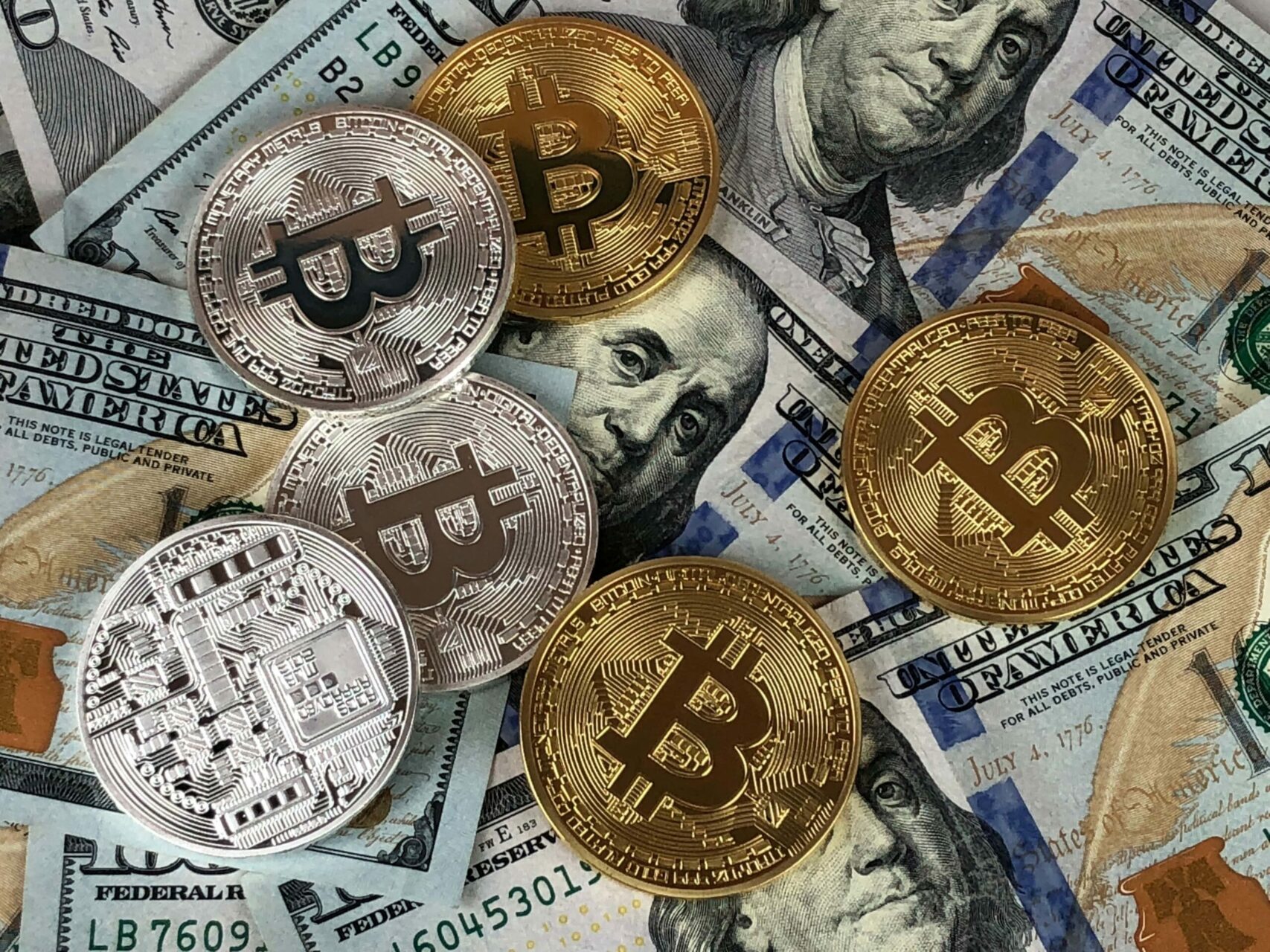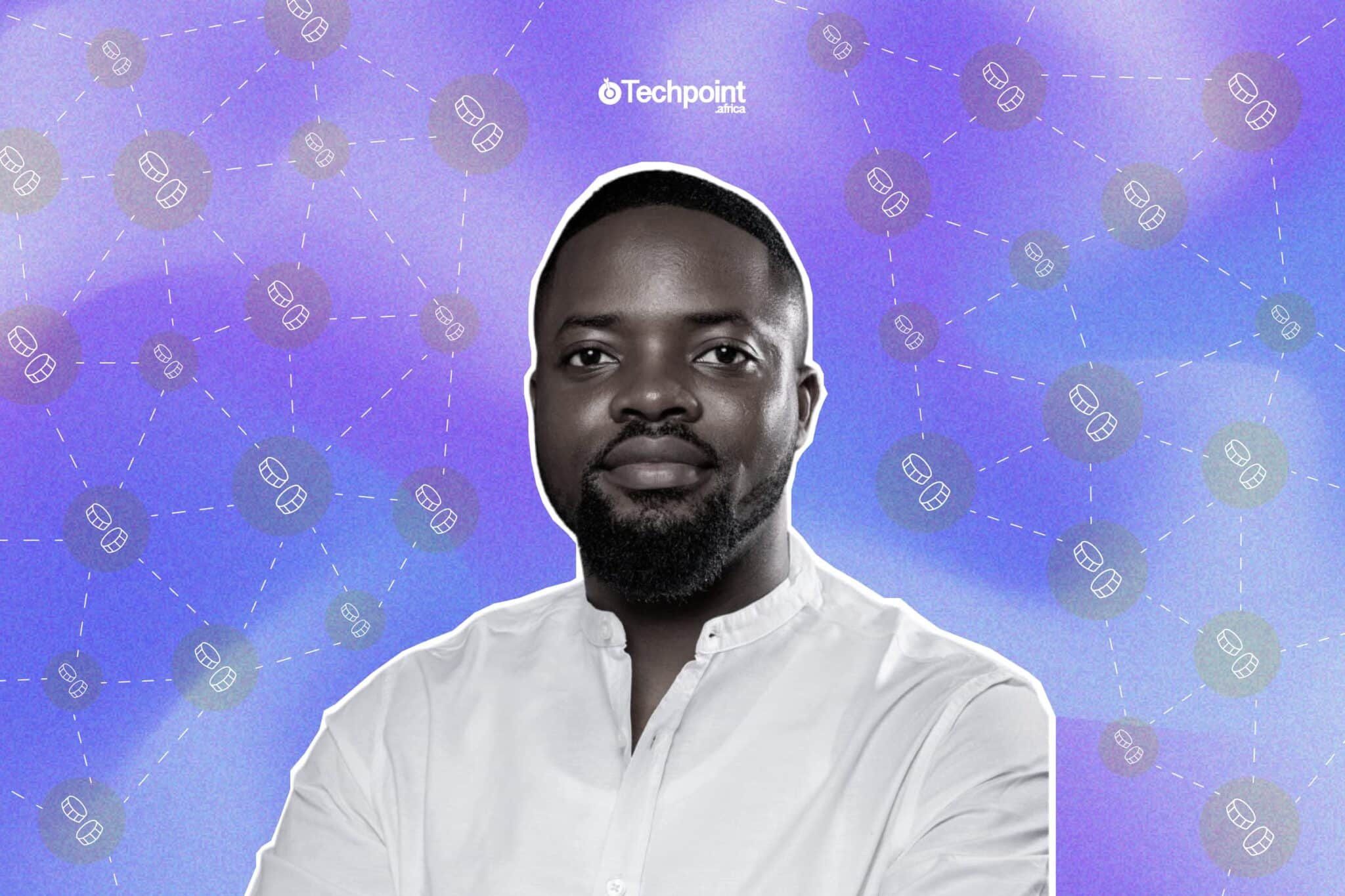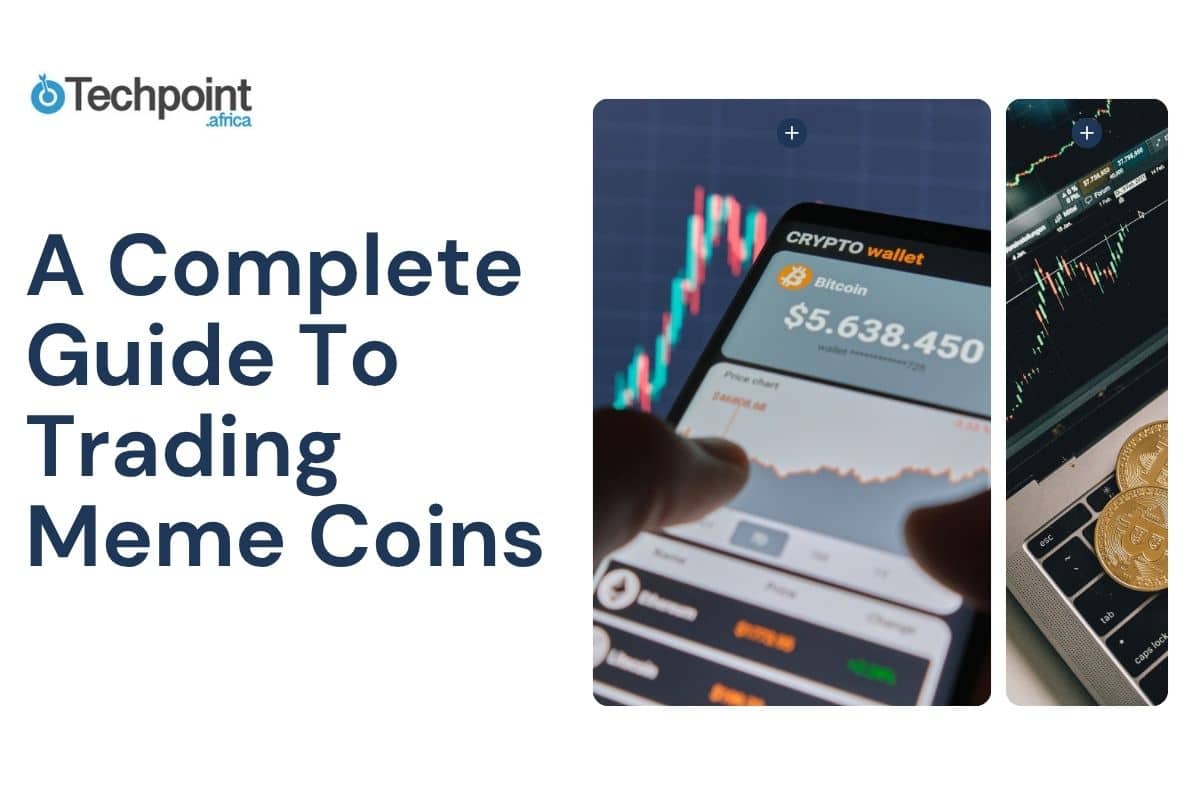On December 22, 2023, the Central Bank of Nigeria reversed what can be described as a ban on crypto that took effect on February 5, 2021.
In an ironic turn of events, the CBN chose the same month in 2024 to launch another clampdown on crypto.
This clampdown started on February 20, 2024, when Binance’s P2P feature had no buy or sell ads. This meant people who wanted to buy dollar-denominated stablecoin, USDT could not.
I thought this was just a scarcity of USDT as merchants I’d spoken with a few months ago said people were starting to hoard the stablecoins. They didn’t know why but their best guess was that more people were starting to save USDT as the naira is in a free fall.
While it’s true people save in USDT it wasn’t the reason why Binance didn’t allow people to post buy and sell orders on its P2P platform.
A statement from the world’s largest exchange said it noticed a “temporary suppression that reached its system limit and automatically stopped people from conducting USDT trade,” and that it was working with Nigerian authorities to be compliant.
However, the stories that followed after that proved that a war had been launched on crypto in the country.
Techpoint Africa was the first to report that there was a plan to restrict access to crypto websites in the country through telcos. A few hours after that report, Binance.com was no longer accessible on MTN and Airtel mobile networks.
More crypto sites such as Kraken, Quidax, and Coinbase were also restricted and remained unreachable as of press time.
Binance has, however, been the main target of authorities. The Office of the National Security Adviser confirmed an investigation into the company and slammed a $10 billion fine on it the same day — although the government denies this — because the platform has profited from illegal transactions in the country.
CBN created P2P
The creation of the P2P feature on crypto exchanges was a response to the CBN circular of February 4 2021 that stopped banks from facilitating crypto-related transactions. Before that circular, you could buy crypto directly from exchanges with a debit card.
After the circular, people needed to buy crypto from other people.
Exchanges like Binance created a feature — a crypto marketplace — that brought crypto buyers and sellers together. Binance served as a middleman between both parties, offering an escrow service to make sure no one got scammed.
Is Binance P2P responsible for the naira free fall?
A source from the Economic and Financial Crimes Commission (EFCC) told Premium Times that Binance P2P is giving the dollar a fake value against the naira, describing the process as a “sophisticated heist against the Nigerian economy.”
An executive at the CBN also told the publication that Binance is being used as a “benchmark for currency trading, misleadingly devaluing the Naira in global markets.”
However, Ayasi Emmanuel, a crypto trader and influencer said “The P2P market is all about demand and supply, the merchants work like the BDC, they work with the rate of the parallel market.”
However, CBN Governor Yemi Cardoso revealed that $26 billion passed through Binance in 2023 alone, saying it was from sources that cannot be adequately identified.
Adebayo Juwon, Co-founder, of Finna Protocol, however, disputed the figures revealed by the CBN governor, questioning how they were gotten.
“How was it calculated? Is it outflow or inflow? 90% of P2P trade is two Nigerians trading between themselves,” he said.
Binance is also known to have strict KYC protocols that mandate users to reveal their identities.
Juwon who used to work at now-defunct crypto exchange FTX, said “Nigeria’s crypto user base surpasses South Africa’s, yet its trading volume remains lower. Even Seychelles, an island nation, boasts more institutional trading volume than Nigeria’s entire retail sector.”
Will clamping down on exchanges stop P2P trade?
“The clampdown on crypto exchanges will not stop P2P trading,” Juwon said. He revealed that “a large volume of P2P takes place on WhatsApp and not even Binance.”
P2P merchants who spoke to Techpoint Africa confirmed this. A good number of them said they trade volumes of over $1 million in a day some of the biggest do above $5 million.
Besides WhatsApp, platforms like Telegram, Bybit and KuCoin also offer P2P services giving traders several options to choose from. Even Juwon’s platform, Finna Protocol gives the option of borrowing naira against your stablecoins without selling them.
But while these options won’t stop P2P trade, they will open many Nigerians to scams. Unlike Binance which provides a secure space for buyers and sellers to transact, WhatsApp does not have the same safety features.
This is why Juwon said that while the CBN means well, it took the wrong approach.“They should make Binance a friend and not an enemy.”
To Juwon, making Binance a friend meant that Nigeria would be able to make money from the exchange while also getting the information it needed. However, the consequences of the approach taken by the CBN will not only result in more crypto scams. Juwom also believes it will also negatively impact foreign investment.
Major exchanges in the country have stopped the sale of USDT and USDC which could affect their user base and bottom line.
Although a majority of people in the crypto community believe Binance isn’t responsible for the naira’s free fall, the exchange hasn’t had a very good rep in other countries.
In the US for example, it has to pay a $4.3 billion fine for several charges. The investigations leading to the hefty fine showed that the exchange was aware that it was being used by criminal organisations.
Such a track record could warrant an investigation, but the approach like Juwon said, may cause more harm than good.









